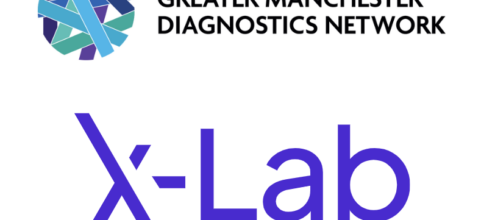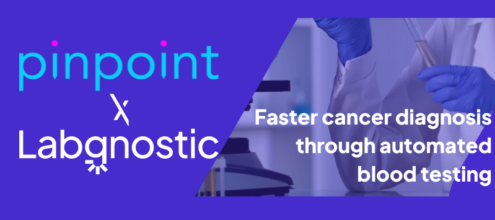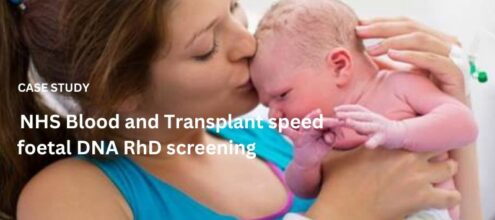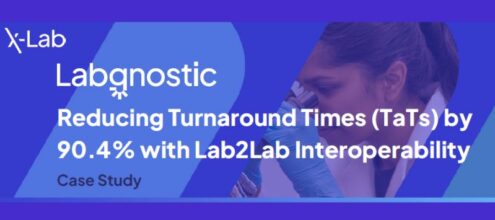About Manchester Royal Infirmary and UK NEQAS
Manchester Royal Infirmary (MRI) is part of Central Manchester University NHS Foundation Trust (MFT). Founded in 1752, MRI has evolved into a renowned research and teaching hospital, collaborating with Manchester University’s Medical School.
UK NEQAS is an international External Quality Assurance (EQA) provider that ensures the reliable in-range reporting of laboratory analysers and gives labs confidence that their test results are accurate and compliant across diverse settings.




